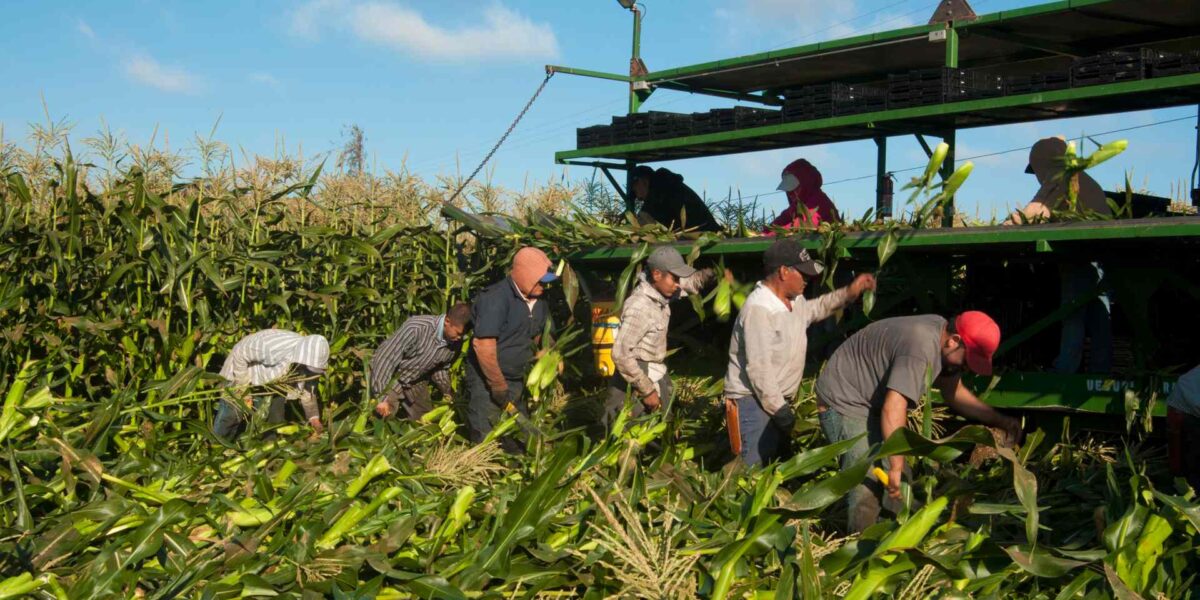Migrant farmworkers do not adequately have access to health and safety rights, and it is costing lives.
Although health and safety legislation exists across Canada, many migrant workers do not receive training on health and safety, according to a new report by the United Food and Commercial Workers (UFCW).
The UFCW said that 98 per cent of migrant agricultural workers who contacted their support centers reported not having had any information about health and safety in their workplace before participating in training provided by the union.
The lack of health and safety training exposes workers to preventable injuries. The UFCW report indicates that the growing role of machinery in farm work leads to growing risks.
“The use of complex technologies, inadequate equipment, environmental factors, and insufficient safety measures contribute to the risks faced by agricultural workers,” the report reads. “Working with cutting tools, machinery and exposure to pesticides and agrochemicals pose significant health hazards. Tractor and machinery-related accidents are leading causes of injuries and fatalities in farm occupations.”
Power rests with the employer
The report also highlights that the lack of knowledge of rights reinforces an uneven power dynamic between employers and migrant farm workers.
Many farm workers in Canada are working under employer-specific work permits. In September, the UN Special Rapporteur on contemporary forms of slavery, said that employer-specific work permits create an environment in which contemporary slavery can arise.
RELATED: Navigating Canada’s broken Temporary Foreign Worker program
Many workers, unaware of their rights, continue to work under unsafe conditions because they fear deportation, according to the UFCW report. At the same time, the UFCW indicates that when farm workers are injured, they also face deportation.
The report said there are “countless” cases of injured migrant farm workers being sent back to their country of origin. They highlighted the story of Mariano, a migrant farm worker in Southern Ontario whose last name was not used.
Mariano, according to the report, injured his ankle on the job.
“I informed HR that I needed medical attention. They didn’t give me time off, but I went to the emergency department anyway. My ankle was fractured, and the doctor advised ten days of rest,” the report reads. “Two days later, two individuals sent by my employer showed up at the bunkhouse with a flight ticket and insisted I pack up and leave for the airport to return to Mexico. Feeling trapped and unsure, I did what they asked.”
The UFCW is calling for “urgent” reforms including the provision of health and safety training materials in the necessary languages and the end of employer-specific work permits.
“The current vulnerability of migrant agricultural workers due to immigration and employment regulations is highlighted,” the report reads, “emphasizing the need for a comprehensive labour strategy for the agri-food sector that promotes justice and human rights.”



